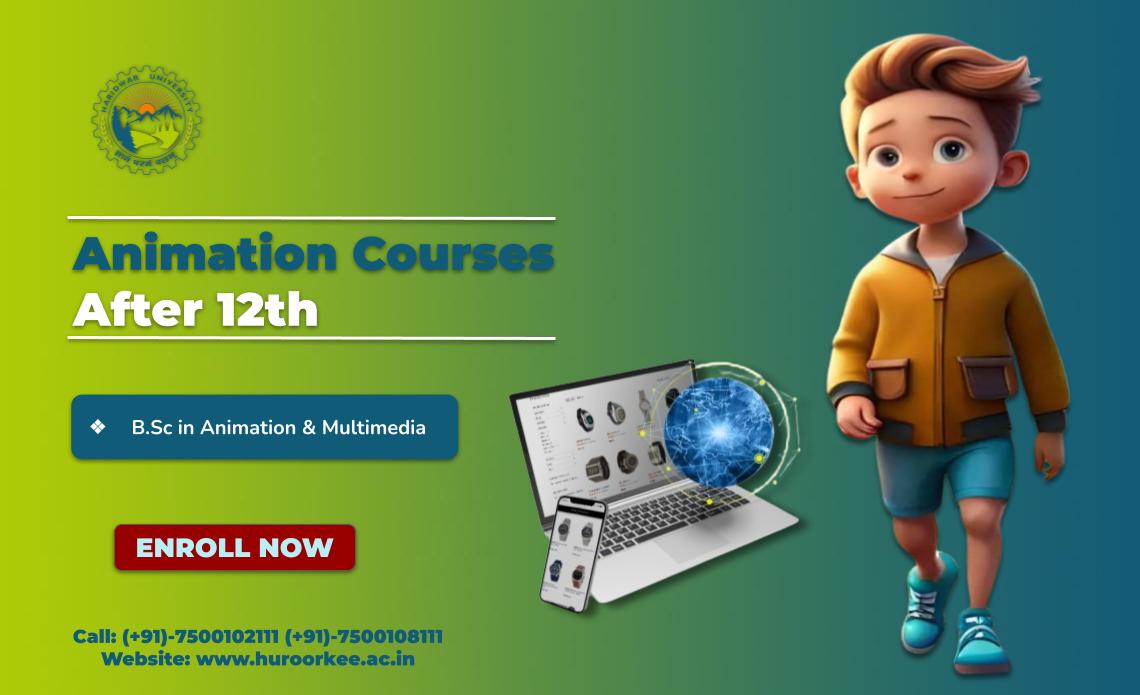It’s important to clarify that you cannot directly become an IAS officer after 12th grade. The minimum educational qualification required to appear for the UPSC Civil Services Examination (CSE), which selects candidates for the IAS, IPS, and other prestigious services, is a graduation degree. However, you can start planning and preparing for the IAS exam even after 12th. Here’s how:
Step 1: Choose your undergraduate course
While any bachelor’s degree makes you eligible, choosing a course aligned with the UPSC syllabus can be beneficial. Consider subjects like History, Public Administration, Economics, Sociology, Political Science, Law, etc. Focus on developing critical thinking, writing, and analytical skills.
Step 2: Start familiarizing yourself with the exam
Read about the UPSC CSE, understand the exam pattern, syllabus, and selection process. Explore resources like past year papers, toppers’ interviews, and study materials.
Step 3: Develop a foundation in core subjects
Start reading NCERT textbooks from Class 6th to 12th for subjects like History, Geography, Polity, and Economics. These form the basic foundation for further preparation.
Step 4: Build your reading habit
Read newspapers like The Hindu, The Indian Express, or The Times of India regularly. Stay updated on current affairs, national and international news, government policies, and social issues.
Step 5: Consider coaching institutes (optional)
Coaching institutes can provide structured guidance and access to experienced faculty. However, self-study can also be effective with focused efforts and the right resources.
Step 6: Start practicing answer writing
Answer writing is crucial for success in the UPSC Mains exam. Practice writing analytical and well-structured answers based on the syllabus and current affairs.
Step 7: Join online communities and forums
Connect with other UPSC aspirants online or in study groups. Sharing doubts, exchanging resources, and discussing strategies can be valuable for motivation and learning.
Remember
- The UPSC CSE is a highly competitive exam, and consistent preparation over several years is key to success.
- Start early, be focused, and stay motivated throughout your journey.
- Utilize free resources available online and in libraries before considering paid coaching.
- Focus on developing well-rounded knowledge, analytical skills, and strong communication abilities.
The road to becoming an IAS officer is challenging but rewarding. By starting early, following a focused approach, and leveraging available resources, you can increase your chances of success.
Becoming an Indian Administrative Service (IAS) officer is a prestigious and challenging career path that requires dedication, hard work, and a commitment to public service. Here’s a general overview of the steps involved in becoming an IAS officer after completing your 12th grade:
- Complete Your 12th Grade (Higher Secondary Education): Ensure you successfully complete your 12th-grade education with a passing grade. While pursuing any stream (Science, Commerce, or Humanities), it’s essential to focus on subjects that develop your analytical thinking, communication skills, and general knowledge.
- Earn a Bachelor’s Degree: To be eligible for the Civil Services Examination (CSE), including the IAS exam, you must have a bachelor’s degree from a recognized university. You can pursue a degree in any discipline of your choice, including but not limited to Arts, Science, Commerce, Engineering, or Medicine.
- Prepare for the Civil Services Examination (CSE)
- The Civil Services Examination (CSE) is conducted by the Union Public Service Commission (UPSC) of India.
- The exam consists of three stages: Preliminary Examination (Prelims), Main Examination (Mains), and Personality Test (Interview).
- The Preliminary Examination tests candidates’ knowledge in general studies and aptitude. It is objective in nature.
- The Main Examination consists of written papers on various subjects and is subjective in nature.
- The Personality Test (Interview) evaluates candidates’ suitability for a career in the civil services.
- It’s essential to thoroughly understand the exam pattern, syllabus, and marking scheme.
- Prepare a study plan, gather relevant study materials, and practice previous years’ question papers.
- Consider enrolling in coaching classes or joining online platforms for guidance and support in exam preparation.
- Appear for the Civil Services Examination (CSE)
- Register for the Civil Services Examination (CSE) conducted by UPSC through their official website.
- Clear the Preliminary Examination to qualify for the Main Examination.
- Score well in the Main Examination to be called for the Personality Test (Interview).
- Qualify the Personality Test (Interview) to be included in the final merit list.
- Training at Lal Bahadur Shastri National Academy of Administration (LBSNAA)
- After successfully clearing the Civil Services Examination (CSE) and being allocated the Indian Administrative Service (IAS), candidates undergo training at the Lal Bahadur Shastri National Academy of Administration (LBSNAA) in Mussoorie, Uttarakhand.
- The training program aims to equip probationary officers with the necessary knowledge, skills, and attitudes required for effective administration.
- Appointment as an IAS Officer
- Upon completion of training at LBSNAA, candidates are appointed as probationary officers in the Indian Administrative Service (IAS).
- IAS officers are then assigned to various cadres (states and union territories) and begin their career in administrative roles.
Remember, the journey to becoming an IAS officer requires perseverance, continuous learning, and a strong commitment to serving the nation and its people. It’s essential to stay focused, motivated, and dedicated throughout the preparation process.







